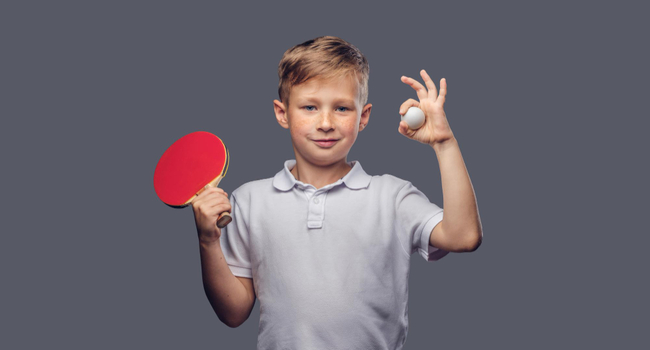
Handwriting can be challenging for children with Attention-Deficit/Hyperactivity Disorder (ADHD). ADHD affects 5-10% of school-age children, and they can have difficulties with executive functions such as planning and self-control. Handwriting problems can lead to lower academic achievement and self-esteem, which can make ADHD symptoms worse. However, a clinical trial has found that playing table tennis can improve handwriting and executive functions in children with ADHD.
Clinical Trial
The trial involved 48 children with ADHD who were randomly assigned to one of three groups: actual table tennis, simulated table tennis, or a control group with no additional training. The training lasted 12 weeks, and both types of table tennis training were scheduled for three one-hour sessions per week.
Results
The results of the impressive were impressive. Children in both table tennis training groups showed significant improvements in handwriting performance, response time, and the time it took to automate handwriting. Both groups also showed significant improvements on the Stroop Color-Word test, which measures cognitive flexibility and response inhibition. However, only the actual table tennis group showed significant improvement on the Wisconsin Card Sorting Test, which measures cognitive flexibility and attentional set-shifting.
Table tennis may help children with ADHD because it involves coordination of the head, eyes, and arm, as well as visual concentration to track the movement of the ball. These motor coordination activities may improve the neural pathways responsible for executive functions, which are often disrupted in children with ADHD.
Playing table tennis can be a fun and engaging way for children with ADHD to improve their executive functions and handwriting. Table tennis can be played indoors or outdoors, and it can be modified to meet the individual needs of each child. For example, children who have difficulty with fine motor skills can use larger, softer balls, while children who have difficulty with visual tracking can play with balls of different colors.
